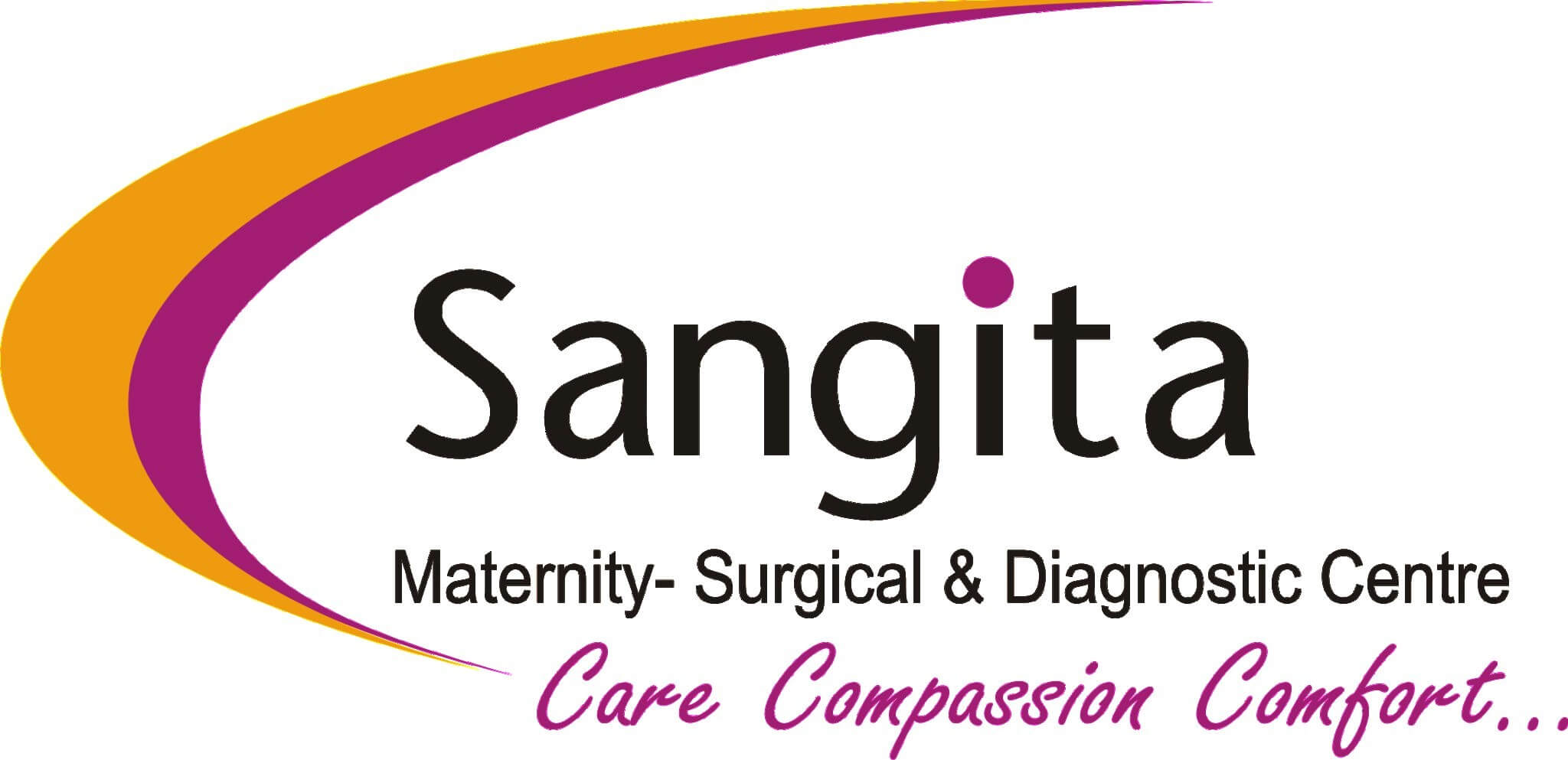PCOS/PCOD
PCOS (Polycystic Ovarian Syndrome) and PCOD (Polycystic Ovarian Disease) are conditions that affect women in their childbearing years. Women’s ovaries produce hormones like estrogen and progesterone. Male hormones called androgens are also produced in small amounts. During each menstrual cycle, the normal development of eggs is regulated with the help of these hormones. In PCOS, the production of androgens increases causing hormonal imbalance due to which the eggs do not mature and are not released from the ovaries. These immature eggs form cysts in the ovaries. Whereas in PCOD, the ovaries produce a lot of immature or partially matured eggs which turn into cysts. Both PCOS and PCOD cause irregular periods.
Symptoms
Not all women with PCOS/PCOD experience symptoms. Some may experience mild one whereas some may experience severe symptoms. Common PCOS/PCOD symptoms include:
Weight gain: women suffering from PCOS/PCOD often experience metabolic syndrome wherein they gain weight especially in the abdomen area or face difficulties in losing weight.
Acne or oily skin: women suffering from PCOS/PCOD have acne on the face, back, and chest. Male hormones can make face oiler
Irregular menstrual cycle: women with PCOS/PCOD have fewer than 9 periods a year. Some women may have no periods at all while others may have very heavy menstrual flow.
Hirsutism: excessive growth of dark or coarse hair on the face, chest, back and buttocks. This mainly happens due to rise in androgens level.
Skin tags: these are non-cancerous growths on the skin mainly in areas like armpits or neck.
Thinning of hair: some women may experience male pattern baldness i.e. thinning of scalp hair.
Darkening of skin: dark patches of skin appear on the neck, armpits and under the breasts.
Causes of Uterine fibroids
Genetic: Although specific genes causing PCOS/PCOD have not been identified but some studies suggest PCOS/PCOD is hereditary. A woman’s chances of having PCOS/PCOD increase if any female family member has had these conditions.
Insulin Resistance: Insulin is a hormone responsible for transferring our blood sugar to cells where glucose is converted into energy. When the cells become resistant to insulin the blood sugar levels may rise. To cope with high levels of sugar, body produces more insulin. Increase in the level of insulin causes the ovaries to produce more testosterone which obstructs the development of sacs where the eggs mature. This disturbs the normal ovulation process. Insulin resistance can also lead to weight gain which elevates the symptoms of PCOS/PCOD further.
Hormonal imbalance: High levels of male hormone (testosterone) due to insulin resistance, high levels of luteinizing hormones (LH) one that stimulates normal ovulation, all of these contribute to PCOS/PCOD.
Other risk factors of PCOS/PCOD include increased risk of endometrial cancer and breast cancer, obesity, and other conditions such as type 2 diabetes, high blood pressure, depression, sleep apnoea. PCOS/PCOD also leads to infertility.
When to seek medical help
Get in touch with your doctor if you experience:
- Missed or irregular periods more than usual
- Acne or oily skin
- Weight gain
- Unable to conceive
- Excess hair growth on the face, chest
Fertility, pregnancy and PCOS/PCOD
Women with PCOS/PCOD often experience infertility. Due to high androgen levels the maturity and release of the eggs is disrupted. This results in a disturbance in ovulation. When ovulation does not happen regularly egg fertilisation is difficult leading to infertility.
Women who have PCOS/PCOD may experience pregnancy complications like hypertension, gestational diabetes, miscarriage, etc.
Even though PCOS/PCOD is the most common cause of infertility in women, it is treatable. With appropriate medications and lifestyle changes women can have easy conception and a smooth pregnancy.
Diagnosis, Treatment and Prevention
Diagnosis and treatment for PCOS/ PCOD is done as per the symptoms. Diagnosis can be done with the help of blood test, pelvic exam by the doctor, and ultrasounds.
Treatment plans are tailored to manage individual symptoms such as infertility, acne, obesity, Hirsutism, etc. factors like pregnancy plans and risk of long term health problems are also considered.
PCOS/PCOD can be treated medically with the help of hormonal birth control pills, shots, patch, etc. to regulate the menstrual cycle and help with the facial hair growth and acne; however pregnant women should refrain from using these medicines. Anti–androgen medicines also help in reducing male hormone levels, acne, facial hair growth and scalp hair loss. Medicines used to treat type2 diabetes may also help some women to minimise PCOS/PCOD symptoms.
For women trying to conceive, PCOS/PCOD can be treated by weight loss, it aids in regulating the menstrual cycles and normalising ovulation, improving fertility. Medicines that help in regulating ovulation can also be prescribed. IVF can be also used; the egg is fertilized with the sperm in laboratory and implanted in the uterus where it develops into a foetus. Ovary drilling surgery can also be used in which few holes are made in the ovaries with the help of lasers. This regulates ovulation.
PCOS/PCOD can be prevented successfully by making certain lifestyles changes like losing weight. Being overweight and obese can disrupt the hormones levels therefore losing at least 10% of the body weight can help in normalising the hormone levels. Lifestyle changes like healthy diet, regular exercise, quitting smoking and alcohol consumption can help in managing the PCOS/PCOD symptoms.


